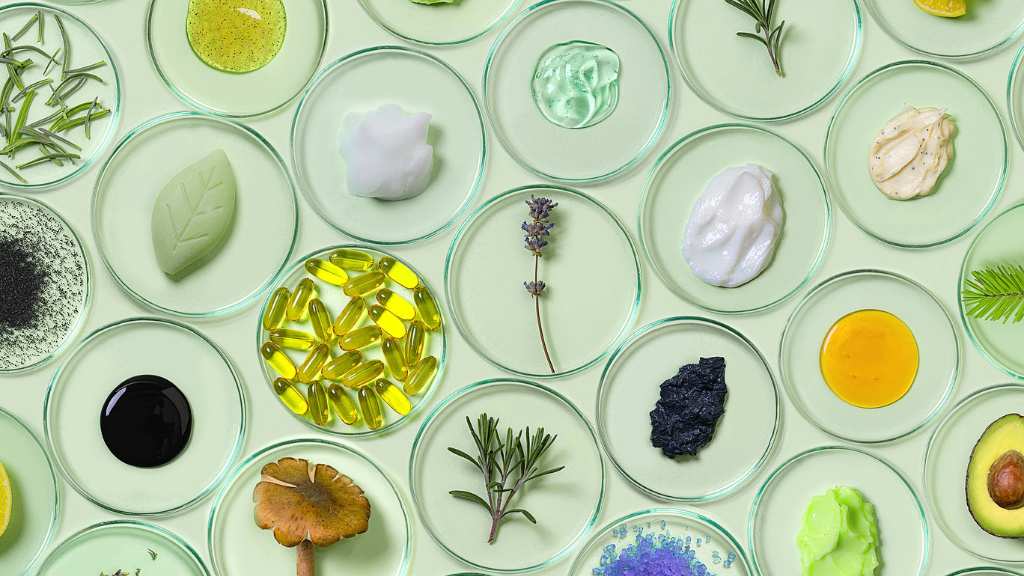Learn About Pros And Cons Of Herbal Medicine


For centuries, our ancestor's medical needs were taken care of with local plants. These herbal remedy pros knew just what root, leaf, or flower to use for almost any complaint. Modern pharmaceuticals have much to recommend but contain harmful and habit-forming chemicals and compounds. Wouldn't it be better to harvest the benefits of medicinal herbs where possible and reduce exposure to toxins for you and your family?
Herbal Remedy Pros
(Bonnie's viewpoint) Nature's bounty offers us not only food, shelter and materials but a helping hand in the health department. Botanical medicines are known to be effective for:
- cardiovascular disease
- gastrointestinal issues
- circulation
- hormone regulation
- liver and kidney functions
- urinary tract health
- reproductive functions
- skin, bone and muscle health
- boosting the immune system
They offer numerous health benefits. In addition to helping specific medical complaints, like those above, plant medicines offer phytonutrients and antioxidants. Other herbal remedy pros include potential anti-coagulant, anti-fungal, anti-bacterial and anti-inflammatory properties.
Many are proven effective. There are many studies available to prove effectiveness of certain herbal medicines; however, due to the variation in wild plants and in test subjects, the conclusions usually vary. In most cases, herbal remedies cause less chance of side effects and toxic build up when used correctly.
They're easy to grow for free. Many of the most commonly used botanicals can be easily grown in your backyard or in containers. That means they are practically free which is a far cry from most pharmaceutical costs. Tinctures, teas and ointments are quite easy to prepare, even for a novice.
Most are readily available. Herbal medicines are easy to find in health food stores. Contrary to popular opinion, herbals are regulated. The Dietary Supplement Health and Education Act was set up so the FDA could regulate finished herbal products and monitor proper labeling and packaging.
Problems with Herbal Remedies
(Mary Ellen's viewpoint) While there are many people who have benefitted from herbal remedies, there is no guarantee that these products or plants will be safe or even effective. Some of the problems with herbal remedies include lack of regulation, poisoning, no dosing recommendations, and specific, potentially serious health problems:
Sign up for the Gardening Know How newsletter today and receive a free copy of our e-book "How to Grow Delicious Tomatoes".
No regulation. Herbal supplements and other products are not regulated in the U.S. This means that claims made by manufacturers regarding safety and efficacy have not been evaluated and cannot necessarily be trusted. You also cannot rely on adequate quality control for these products, meaning contamination, purity, and concentration may be issues.
No dosing. Supplements may come with dosing recommendations, but these have also not been evaluated. There is a real risk with herbals, both from store-brought supplements and homemade remedies, that you will take too much and suffer from toxic effects.
Poisoning. For people who harvest and use their own herbals, there is a very real risk of poisoning. You must be very knowledgeable about what you are growing or foraging to avoid using something that is actually toxic and that could poison you.
Drug interactions. Doctors should always ask their patients what supplements or herbs they use because dangerous interactions with medications are common. For instance, saw palmetto, a common herbal used to try to treat prostate cancer magnifies the effects of warfarin, a blood thinner. This can lead to dangerous bleeding.
Better treatment from medicine. Among the dangers of medicinal herbs, one that is not so obvious is that use of these can prevent someone from getting better results from medical care. Again, saw palmetto is sometimes used to try to treat prostate cancer, but research has not found it to be effective. A patient may be risking his life using this herb instead of getting real medical treatment.
Knowing the Dangers of Medicinal Herbs Beforehand is Important
Among the many cons of herbal medicine, health risks are the most important. Many people assume that something natural from a plant will be safe, but this is not always the case. Herbal remedies, supplements, and botanical medicines may have some important benefits, but there are some serious risks to using these so-called natural substances. Unless you really know your stuff, you could be risking your health and well-being by relying on herbals.
How to Use Herbal Medicines Safely
There have been some cases where herbal concoctions caused potentially dangerous interactions with prescribed drugs, so it is wise to consult your doctor before using natural medications. The benefits of medicinal herbs are best used under a professional's care, whether a traditional Western doctor or a licensed herbalist. Only use preparations from companies with solid reputations and that have been approved by the FDA.
If you are wild foraging to make your own supplements, obey local law and property rights, educate yourself, and only harvest what you can use. Home gardeners can enjoy many herbal remedy pros by simply growing a culinary herb garden. Homemade teas and using herbs in cooking can still harness herbal medicine positives without worrying about chemicals and drug costs.
